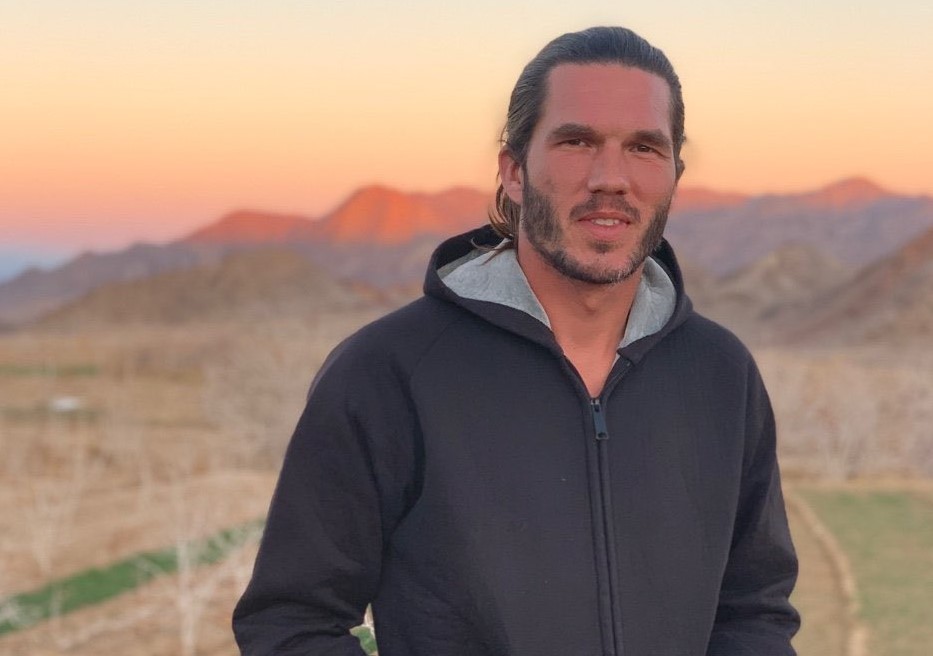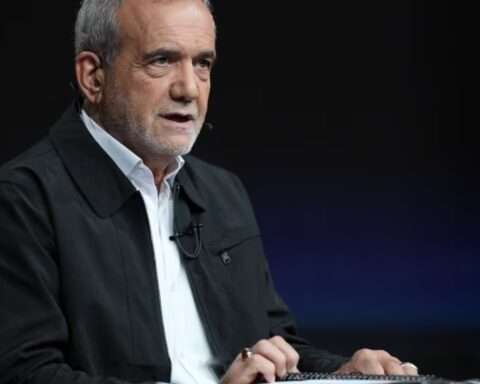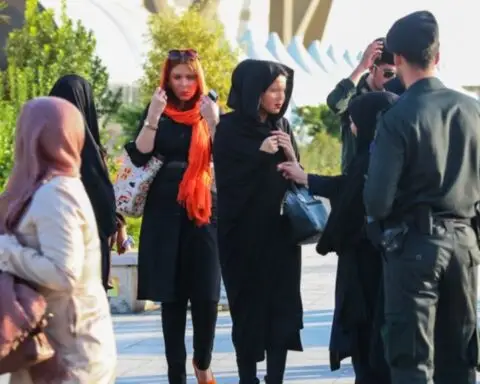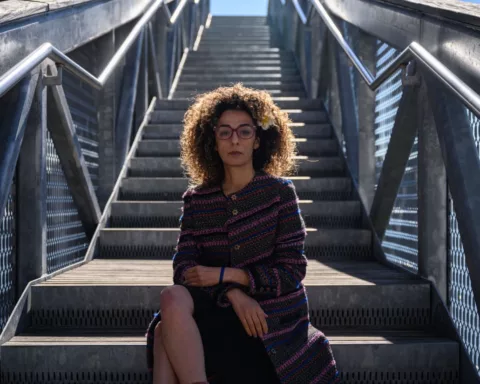Saeid Dehghan tweeted on March 15 that Benjamin Briere, 35, has been accused of taking pictures in “forbidden areas” and of “raising the question in [social] media” about why wearing the headscarf, or hijab, is mandatory in Iran but optional in other Islamic countries.
Under Iranians law, a spying conviction can lead to a sentence of up to 10 years in prison.
“My colleagues and I believe that these charges are false and baseless, but we have to wait for the judge to conduct a full investigation in the next few days and announce his verdict,” Dehghan told Reuters.
Iran’s judiciary was not available for comment.
Last month, France’s Foreign Ministry confirmed that a French citizen was arrested in May 2020 on vague security-related charges, adding that it was monitoring the situation.
Iran’s security agencies regularly detain foreigners or dual nationals, mostly on espionage charges.
Critics say Iran uses such arbitrary detentions as part of hostage diplomacy to extract political concessions from Western countries, something which Tehran denies.
Dehghan told Reuters that Briere was being held in Vakilabad prison in the northeastern city of Mashhad.
“His health is good and he has access to his lawyers and he benefits from consular protection and the French Embassy officials have been in regular contact with him,” the lawyer said.
According to him, the French tourist was arrested after flying a helicam, a remote-controlled mini-helicopter used to take video or pictures, in the desert near the Turkmenistan-Iran border.
On March 14, British-Iranian aid worker Nazanin Zaghari-Ratcliffe reappeared before a Tehran court to face accusations of spreading propaganda after completing a five-year prison sentence on charges of plotting to overthrow Iran’s clerical government.
The cases come as the United States and European signatories to Iran’s 2015 nuclear deal, including France and Britain, are trying to restore the accord that was abandoned in 2018 by former U.S. President Donald Trump.
Tehran has gradually rolled back its commitment under the accord in response to the U.S. pullout from the pact and its reinstatement of sanctions that have crippled Iran’s economy.
The new administration of U.S. President Joe Biden has signaled its readiness to revive the deal but insists that Iran first return to all its nuclear commitments.
Tehran says Washington should first lift its sanctions against Iran.
Addressing a conference organized by the European Policy Center think tank in Paris, Iranian Foreign Minister Mohammad Javad Zarif warned that time is running out for Washington to revive the 2015 deal because of Iran’s upcoming June presidential election.
Once the election period kicks off, Zarif said, it is unlikely much will happen until later this year.
“The Europeans are used to compromise. Iran and the United States are not. The Americans are used to imposing, and we are used to resisting,” the Iranian minister said.






